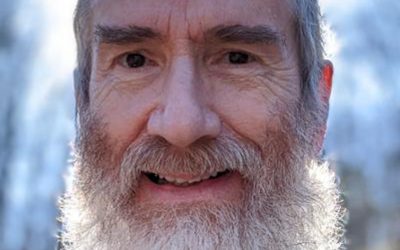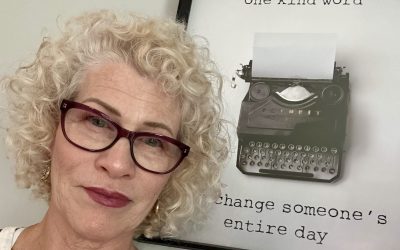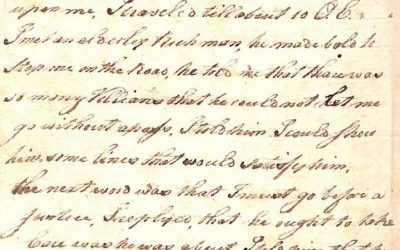The series kicks off the academic year with the award-winning author of Three Women and Animal
September 2021 – The Writers@Drew reading series kicked off the academic year with a strong start by welcoming Lisa Taddeo, international bestselling author, journalist, and two-time recipient of the Pushcart Prize.
The virtual event was guided by Courtney Zoffness, assistant professor of English and director of Drew’s creative writing program.
Taddeo’s first nonfiction book, Three Women, was an instant #1 New York Times bestseller that required eight years of immersive research. The story is currently in pre-production as a series at Showtime with Taddeo adapting and serving as executive producer.
Taddeo read an excerpt from her debut novel, Animal, a national and international bestseller, soon to be adapted for the screen—marking Taddeo’s featuring writing debut.
Zoffness and the student audience asked the author a series of thought-provoking and stylistic questions.
What led you to craft creative nonfiction?
“I never thought I would write a nonfiction book. I started writing profiles of actors for Esquire, and my editor asked me to write a nonfiction book. It was not something I had planned, ever, to do. I would only read nonfiction by a writer that interested me, not on a topic that interested me. So I want to write about a subject I care about, and I want to write nonfiction in a way that would make a nonfiction reader want to read my work.
“I knew that specificity in detail was super important, so I asked my subjects hundreds of specific, detailed, pointed questions. I knew how I wanted the book to look, so I reverse engineered my questions to make sure I got as granular as possible.”
Both Three Women and Animal portray underlying themes of misogyny. Why do you gravitate to this in your work?
“I have always been so interested in the way women have to be warriors on this battlefield of their emotions. I was in tune to the sort of grief that comes from unrequited love. The idea of a fairy tale, a perfect true love—and then you get into the actual battleground of the relationship and it can be ugly and not beautiful. I’m so interested in the contrast between what we believe is waiting for us behind the pearly gates and what is reality.”
Why is illuminating female rage and credibility so important?
“When a man is angry, it’s usually considered normal—he’s ‘taking care of business.’ When women get angry, we find all these other reasons as to why they are angry—’they’re crazy’ or ‘they’re shrews’—the connotation of female rage is so humiliating, un-true, and not cool. Those who have been subjugated for a long time are going to be angry and other people are going to want to keep them down. I’m always looking for ways to expose that because I think anger can be really useful—redirecting that anger into something that’s fruitful for one’s self is a good thing.
“The idea of having to know someone’s pain before trying to accept them is unfair and an ungenerous thing to do. Joan (the main character in Animal) does not want to be judged by what happened to her because that’s exactly what she wants to forget. She wants to both be understood for who she is and also not defined by her past.”
How do you deal with criticism?
“I’m curious about everyone’s reactions. When someone says something that I’ve also thought about in my own work, I look at that as an opportunity to improve.”
Tell us about your next project.
“My next book will be nonfiction about grief. I hope for it to be a personal memoir combined with some immersive research with others.”
The free event was co-sponsored by The Casement Fund, the English Department, and the Women and Gender Studies program.





